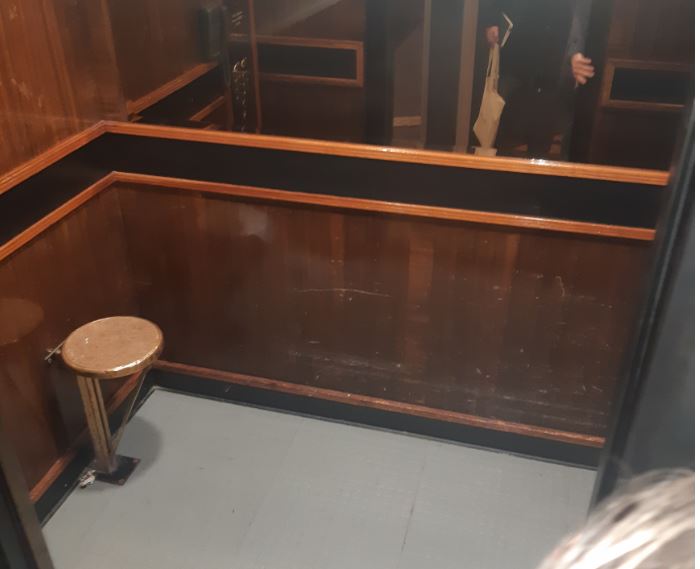There has been comment through the general election cycle about the size of the State sector, and whether it is right for the Irish economy of 2020. Some say the public service has not kept pace with the size of the State, and its population.
In considering whether this is valid, it is useful to consider the more objective and measured observations made in recent weeks in the OECD Country Report on Ireland, and by the EU Commission in its Country Semester Report 2020.
The EU Commission notes that labour productivity in public administration is flat since the year 2000. Persistent overspends in Health are not reflected in better outcomes for citizens. The Commission notes that the ‘main growth drivers for health care over this period have been increased acute hospital expenditure, staff numbers and pharmaceuticals’ There is an evident degree of scepticism about the potential effectiveness of the Sláintecare plan in delivering outcomes.
Regarding procurement, the Commission notes that high legal costs hamper SME’s access to public procurement remedies. The low number of review applications in our courts is unsurprising, given the costs ranging between €200k and €350k. It is not surprising that procurement deficiencies are identified in the health sector. The C&AG concluded that non-compliance with procurement requirements in the health service is ‘systemic’ and goods and services are procured in a non-competitive manner.
The OECD notes that failure to address our health and pensions systems today will send our debt-to-GDP ratio back to levels last seen in the Crash within three decades. Increases in State pensions have far outstripped consumer prices in the last two decades. The OECD says that because historical patterns of cost overruns are balanced through supplementary budgets, there is little incentive for future public spending efficiency.
Our State sector lauds the contribution of the Foreign Multinational sector to Ireland. While the corporation tax take from these companies is large, it is potentially itinerant and therefore at risk. The EU Commission notes that Ireland’s net international investment position (NIIP) is one of the largest in the world at minus 166% of our GDP. This means Ireland’s external financial liabilities are substantially larger than our assets.
Worryingly, while the OECD notes our proportion of formal qualifications (3rd level and up) beats OECD averages, our literacy, numeracy and problem solving is below OECD averages in almost every category. This is a shocking indictment of our overall education system. Similarly, at a time when our National Training Fund is running a massive surplus, investment in the training of our business owners and managers is extremely limited.
The OECD estimates that substantial increases in per capita GDP could be realised simply by making structural reforms:
- Improved spending efficiency in the Health sector: +1.3%
- Legal services and regulatory reform: +1.4
- New training programs: +1.3%
- Improved criminal law enforcement: +1.6%
That represents a cumulative improvement in GDP per capita of 5.6%, just by making structural reforms.
The notion that there is some established ratio between the population and the number of people in the public service needs to be treated with caution. By all means, we should increase the delivery of public services in our economy. But we shouldn’t throw good taxpayers’ money after bad. No subhead of public expenditure should expand unless it is subject to detailed cost-benefit analysis and removal of the ‘lift operators.’



